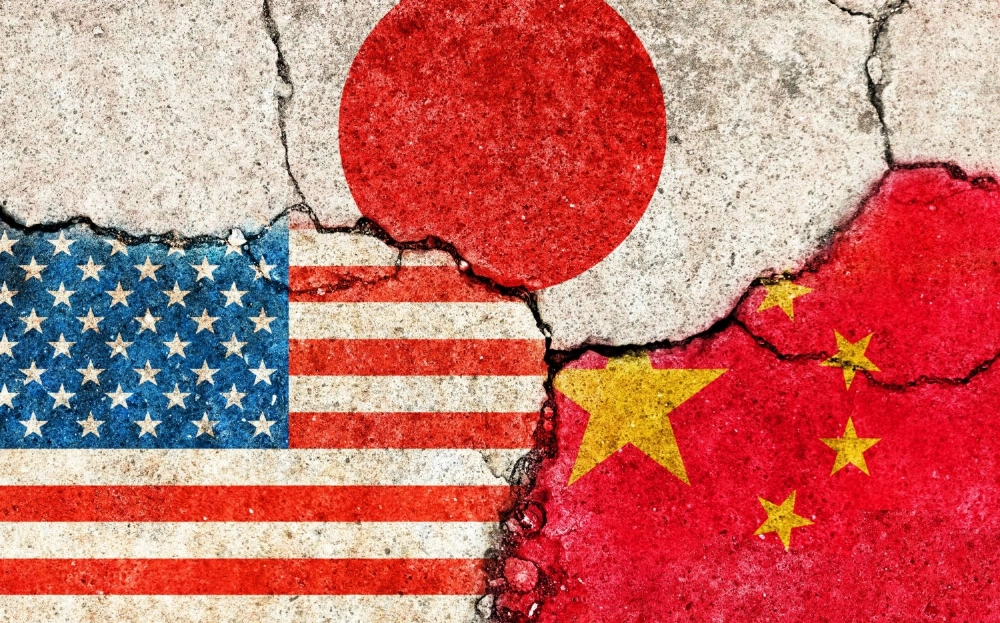Japan’s strategic situation is stark. Its security depends on an increasingly unreliable U.S., while its prosperity depends on an increasingly assertive and revisionist China.
As Washington questions the value of alliances and Beijing demands deference from neighbors, Tokyo must confront an uncomfortable truth: The U.S.-led order that enabled Japan’s postwar success is dead and no one knows what comes next.
This isn’t another declinist prophecy about Washington’s retreat or inevitable Beijing dominance. Rather, it’s recognition that what Antonio Gramsci called an “interregnum” — that anxious period when the old order is dead or dying but the new cannot yet be born. The old rules no longer apply, but new ones haven’t emerged. For Japan, caught between a security patron showing signs of fatigue and an economic partner seeking regional and global dominance, navigating this transition may determine whether it remains a prosperous democracy or becomes a subordinate state in a Chinese sphere of influence or worse.


















With your current subscription plan you can comment on stories. However, before writing your first comment, please create a display name in the Profile section of your subscriber account page.